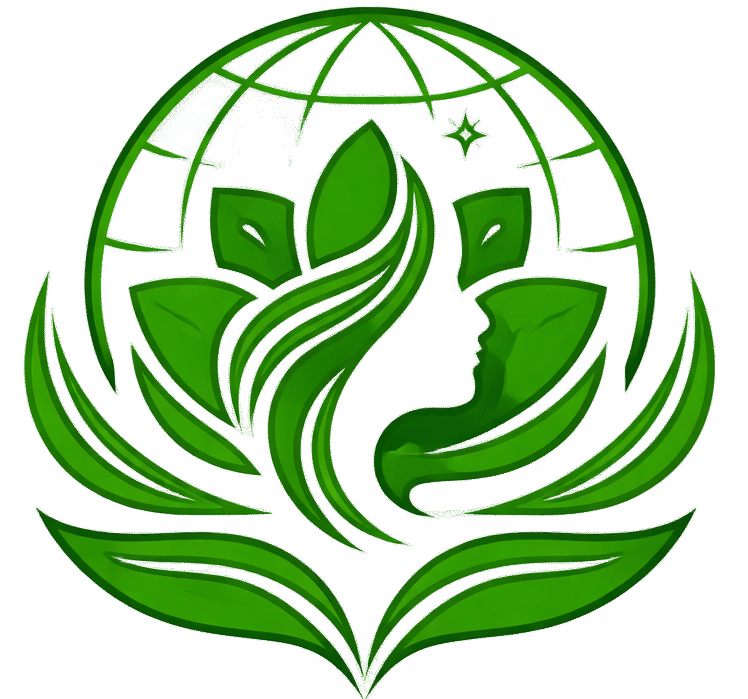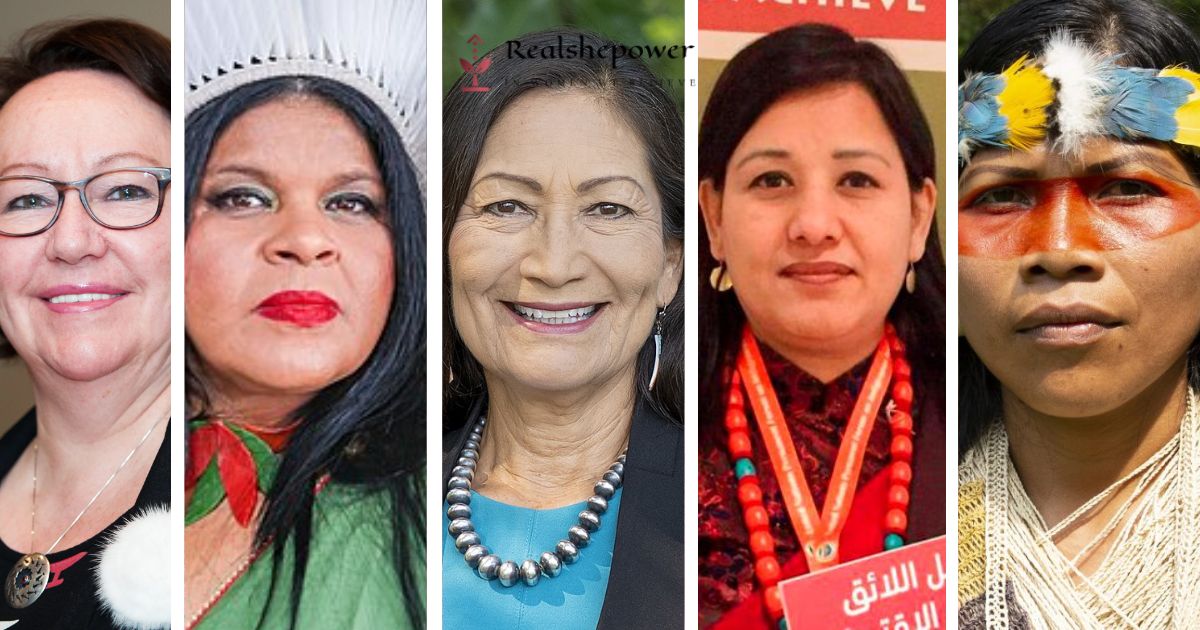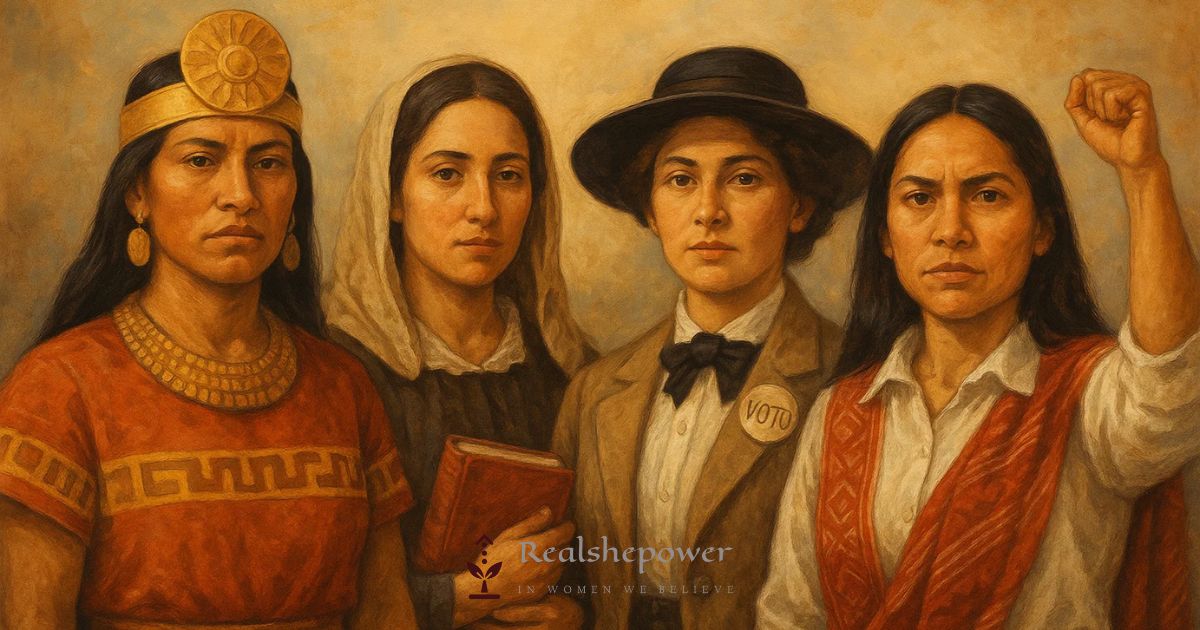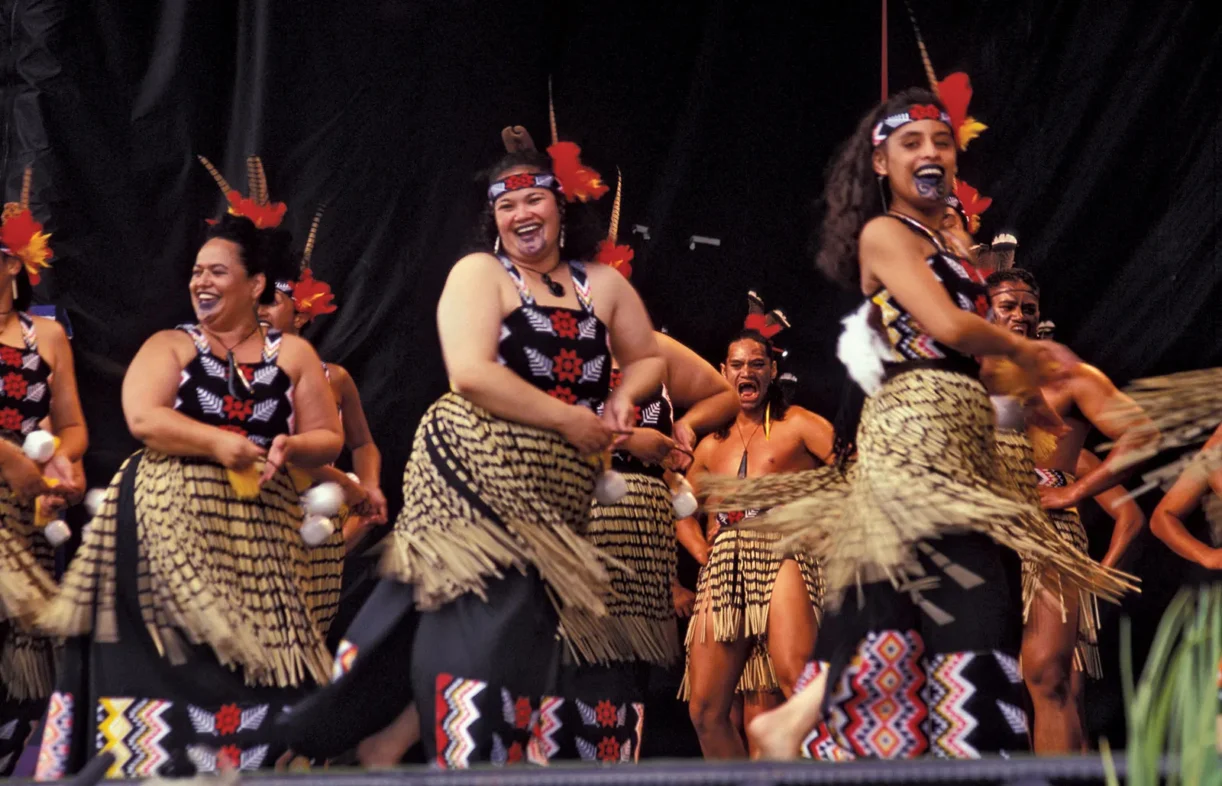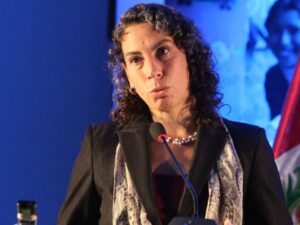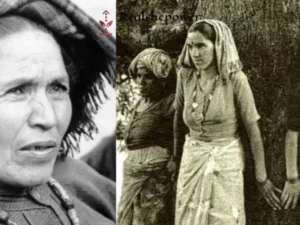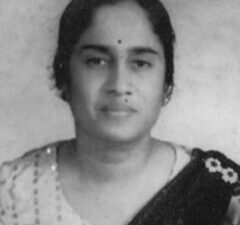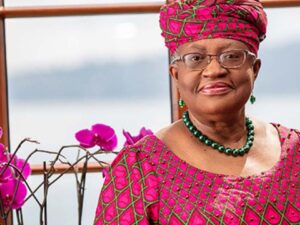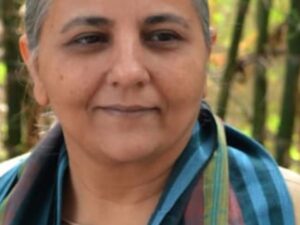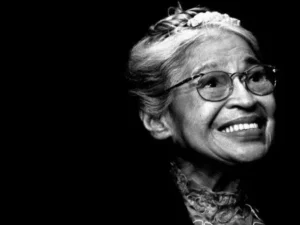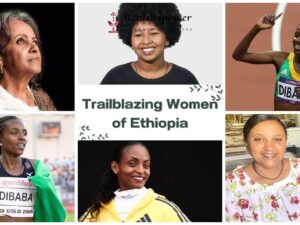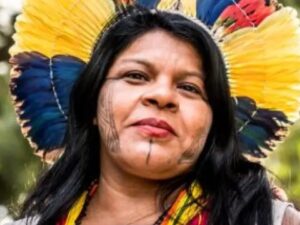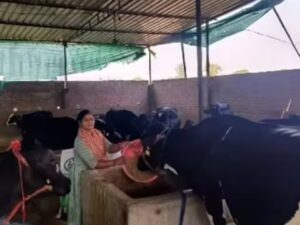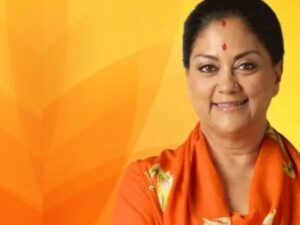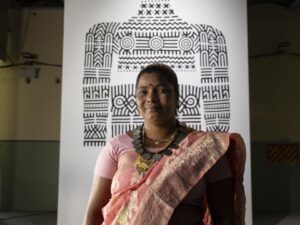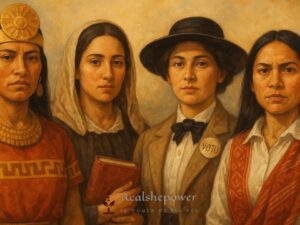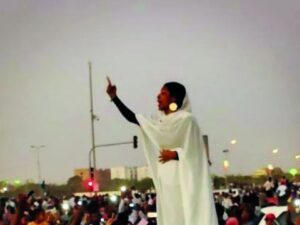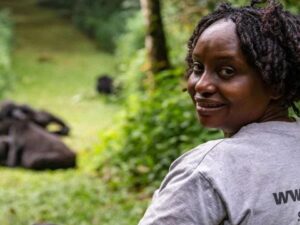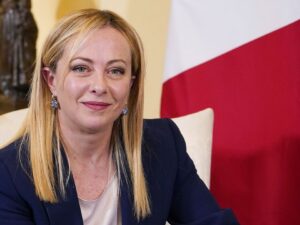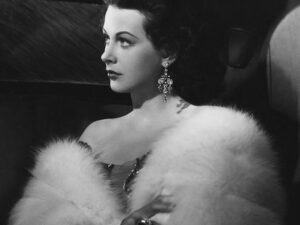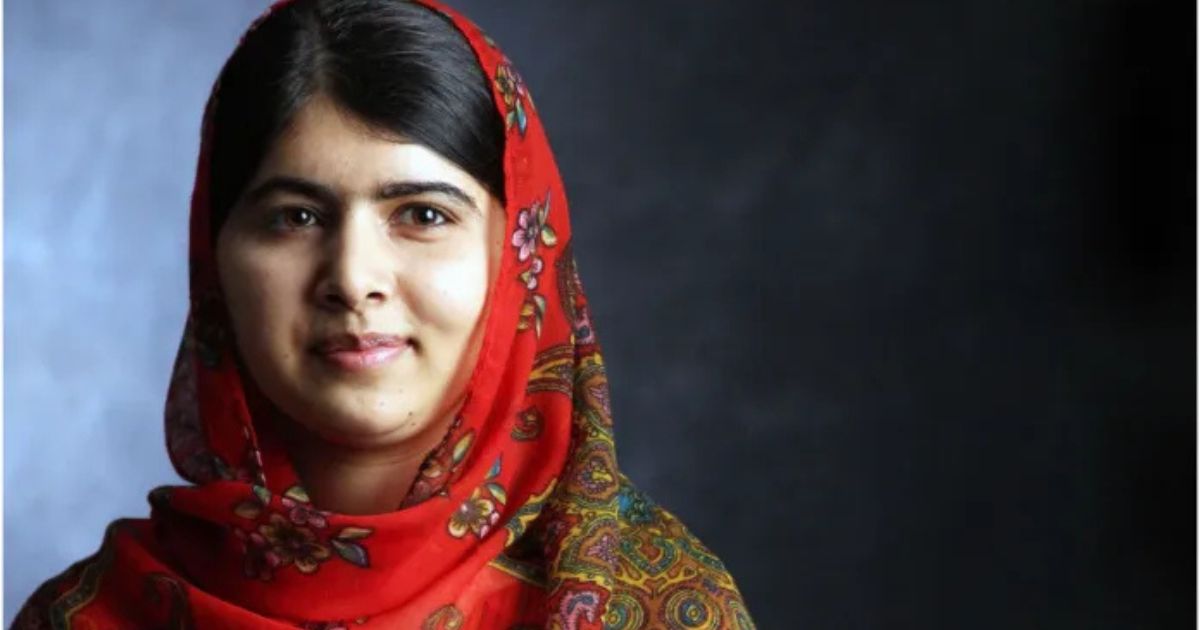Indigenous women have long been at the heart of their communities, serving as custodians of traditional knowledge, defenders of ancestral lands, and advocates for social and environmental justice. Across the globe, from the Amazon rainforest to the Arctic tundra, indigenous women are breaking barriers, challenging colonial legacies, and leading transformative movements despite facing intersecting challenges of gender, race, and socioeconomic marginalization. This article celebrates the resilience and leadership of indigenous women, highlighting their contributions to cultural preservation, environmental stewardship, and human rights advocacy. By exploring the stories of historical and contemporary figures, we honor their impact and underscore the importance of amplifying their voices in global discourse.
Historical Context: Indigenous Women as Traditional Leaders
Before colonial interventions, many indigenous societies worldwide practiced gender-egalitarian governance, where women held significant decision-making power. In matrilineal cultures like the Haudenosaunee (Iroquois) of North America, women chose chiefs, controlled land, and influenced tribal decisions. Similarly, in Andean societies, women were revered as spiritual and communal leaders, managing resources and preserving cultural practices. Colonialism, however, imposed patriarchal norms, sidelining women’s roles and enforcing male-dominated leadership models. Despite this, indigenous women resisted erasure, maintaining their influence through oral traditions, community organizing, and spiritual leadership.
Historical figures like Toypurina (1760–unknown), a Tongva medicine woman from present-day Southern California, exemplify early resistance. At age 24, Toypurina led a rebellion against Spanish missionaries who banned traditional Tongva practices and subjected her people to forced labor and violence. Her leadership in the 1785 San Gabriel Mission revolt, though ultimately suppressed, cemented her as a symbol of indigenous defiance against colonial oppression. Similarly, Buffalo Calf Road Woman (c. 1844–1879), a Northern Cheyenne warrior, fought alongside her husband at the Battle of Little Bighorn in 1876, reportedly striking the fatal blow against General Custer. Her courage in battle and her role in her community’s survival during forced relocations highlight the multifaceted leadership of indigenous women.
Contemporary Indigenous Women Leaders
Today, indigenous women are reclaiming their ancestral roles while navigating modern challenges like climate change, land dispossession, and systemic discrimination. Their leadership spans environmental activism, political advocacy, cultural revitalization, and economic empowerment, often at great personal risk. Below, we explore the contributions of several remarkable indigenous women leaders from diverse regions.
Latin America: Defenders of the Amazon and Indigenous Rights
Nemonte Nenquimo (Waorani, Ecuador) is a global icon in the fight to protect the Amazon rainforest. As co-founder of the Ceibo Alliance and the first woman president of the Waorani organization of Pastaza Province in 2019, Nenquimo led a historic legal victory against the Ecuadorian government, protecting 500,000 acres of primary rainforest from oil extraction. Her work earned her the 2020 Goldman Environmental Prize, a UN Champions of the Earth award, and a spot on TIME’s 100 Most Influential People list in 2020. Nenquimo’s leadership emphasizes indigenous governance and the intrinsic connection between land and culture, stating, “For our children, so that they can live well, healthy, without pollution.”
Sonia Guajajara (Guajajara, Brazil), born in 1974 in an Amazon village, is a leading voice for indigenous rights and environmental justice. As executive coordinator of Brazil’s Association of Indigenous Peoples (APIB), she advocates against illegal logging and land grabbing. Guajajara ran for vice president in 2018 with the Socialism and Liberty Party, amplifying indigenous issues on a national stage. Her mission, as she told Believe Earth, is to show “the huge potential of Indigenous People to help preserve life.” Her activism has inspired global movements, though she faces constant threats for her work.
Tarcila Rivera Zea (Quechua, Peru) is a lifelong advocate for indigenous women’s rights. Founder of CHIRAPAQ (Center for Indigenous Peoples’ Cultures of Peru), Rivera Zea has worked for over 30 years to promote indigenous women’s leadership and cultural preservation. Elected to the UN Permanent Forum on Indigenous Issues, she champions the rights of the 370 million indigenous peoples worldwide. Her advocacy focuses on education, gender equity, and combating violence against indigenous women, who face disproportionate rates of poverty and discrimination.
North America: Political and Cultural Trailblazers
Wilma Mankiller (1945–2010, Cherokee, United States) was the first woman elected Principal Chief of the Cherokee Nation, serving from 1985 to 1995. Born in Tahlequah, Oklahoma, Mankiller transformed her nation through community development projects, including healthcare centers and water systems. Her leadership philosophy, rooted in Cherokee values, emphasized collective well-being over individual gain. Mankiller’s memoir, Mankiller: A Chief and Her People, and her numerous awards, including the Presidential Medal of Freedom, reflect her enduring legacy as a model for indigenous governance.
Deb Haaland (Laguna Pueblo, United States), born in 1960, made history as one of the first two Native American women elected to the U.S. Congress in 2018, alongside Sharice Davids. In 2021, she became the first Native American U.S. Secretary of the Interior, overseeing federal lands and indigenous affairs. Haaland’s advocacy focuses on environmental justice, tribal sovereignty, and addressing the crisis of missing and murdered indigenous women. Her leadership challenges the historical exclusion of indigenous voices in U.S. policymaking.
Michèle Audette (Innu, Canada), a former commissioner for the National Inquiry into Missing and Murdered Indigenous Women and Girls, is a Canadian senator and advocate for indigenous rights. Born to an Innu mother and Quebecois father, Audette has worked since the 1990s to improve relations between indigenous and non-indigenous communities. Her efforts to address systemic violence against indigenous women have raised global awareness, earning her the 2017 Amnesty International Ambassador of Conscience Award.
Asia-Pacific: Advocates for Self-Determination and Sustainability
Victoria Tauli-Corpuz (Kankanaey, Philippines) is a towering figure in global indigenous rights. As UN Special Rapporteur on the Rights of Indigenous Peoples (2014–2020) and former chair of the UN Permanent Forum on Indigenous Issues, she has advocated for the implementation of the UN Declaration on the Rights of Indigenous Peoples (UNDRIP). Tauli-Corpuz’s work with Sixth World Solutions supports Navajo communities in capacity-building, while her advocacy addresses land rights, climate justice, and gender equity. Her decades-long activism has made her a global authority on indigenous issues.
Megan Davies (Cobble Cobble, Barrungam Nation, Australia), a human rights lawyer, became the first Australian indigenous person elected to a UN body in 2017, serving on the Expert Mechanism on the Rights of Indigenous Peoples. Raised by a single mother, Davies has focused on self-determination and legal reform, stating, “The law has oppressed Aboriginal and Torres Strait people, but also has the capacity to redeem.” As a professor at the University of New South Wales, she inspires the next generation of indigenous advocates.
Pratima Gurung (Nepal) is a leading advocate for indigenous women with disabilities. After losing her hand in a truck accident at age seven, Gurung faced discrimination that fueled her activism. Her work with UN Women emphasizes the inclusion of indigenous women in decision-making, arguing, “Empowering indigenous women with disabilities starts with making them active participants.” Gurung’s advocacy bridges disability rights and indigenous issues, addressing intersecting forms of marginalization.
Arctic and Europe: Voices for Climate and Cultural Survival
Niviâna (Inuk, Greenland) is a poet and climate activist whose work highlights the impact of melting glaciers on Inuit livelihoods. Featured in The Guardian, Niviâna uses poetry to convey the urgency of the climate crisis, advocating for indigenous-led solutions. Her participation in the Global Landscapes Forum (GLF) Bonn 2019 amplified her call for global solidarity with Arctic indigenous communities facing environmental devastation.
Sheila Watt-Cloutier (Inuit, Canada), born in 1953, launched the world’s first international legal action on climate change in 2005, arguing that Arctic warming threatens Inuit hunting culture. As an Inuit activist, she has served as president of the Inuit Circumpolar Council and received the Right Livelihood Award for her environmental advocacy. Watt-Cloutier’s work underscores the link between indigenous rights and climate justice, emphasizing traditional ecological knowledge.
Challenges Faced by Indigenous Women Leaders
Indigenous women leaders face unique challenges rooted in colonialism, patriarchy, and globalization. They experience disproportionate rates of violence, with 38.9% of indigenous women in Peru, for example, reporting physical or sexual violence. In Canada, indigenous women are murdered at rates up to seven times higher than non-indigenous women. Economic marginalization is stark, with 33% of indigenous people living in extreme rural poverty globally. Land dispossession due to extractive industries and climate change further erodes their roles as stewards of traditional knowledge.
Discrimination within and outside their communities also poses barriers. In Brazil, leaders like Sonia Guajajara face death threats for opposing deforestation. In Peru, indigenous women like Tarcila Rivera Zea confront illiteracy rates of 33.7% compared to 10.9% for men, limiting access to formal leadership roles. Despite these obstacles, indigenous women continue to innovate, using legal advocacy, community organizing, and international platforms to assert their rights.
Contributions and Global Impact
Indigenous women leaders are indispensable to global sustainability and justice. Their traditional knowledge informs low-carbon practices, such as Andean farming techniques or Inuit adaptive responses to climate variability. Leaders like Nemonte Nenquimo and Sonia Guajajara protect critical ecosystems, with indigenous lands housing 80% of the world’s biodiversity. Their advocacy for UNDRIP and participation in forums like the UN Permanent Forum on Indigenous Issues shape international policy.
Culturally, women like Joséphine Bacon (Innu, Canada), a poet and Innu-Aimun teacher, preserve endangered languages and traditions. Economically, leaders like Jenn Harper (Anishinaabe, Canada), CEO of Cheekbone Beauty, create opportunities for indigenous youth, closing educational gaps. Politically, figures like Deb Haaland and Tania Pariona (Quechua, Peru) challenge systemic exclusion, advocating for policies that address indigenous and gender-specific issues.
The Path Forward: Amplifying Indigenous Women’s Leadership
To support indigenous women leaders, states and global institutions must take affirmative action, as urged by UN experts. This includes ensuring land rights, promoting political participation, and addressing violence. Initiatives like the UN’s Permanent Forum and programs supported by UN Women provide platforms, but more investment is needed in education, economic empowerment, and legal protections.
Indigenous women themselves are forging alliances, such as the Global Alliance for Territorial Communities, co-led by leaders like Lola Cabnal (Mayan Q’eqchí, Guatemala). These networks amplify their collective voice, fostering solidarity across borders. Non-indigenous allies can support by amplifying their stories, advocating for policy change, and respecting their self-determination.
Conclusion
Indigenous women leaders are the heartbeat of their communities, weaving together tradition, resilience, and innovation to address global challenges. From Toypurina’s rebellion to Nemonte Nenquimo’s legal victories, their contributions have shaped history and continue to inspire. By defending lands, preserving cultures, and advocating for justice, they offer a vision of a sustainable, equitable world. As Tarcila Rivera Zea reminds us, indigenous women’s knowledge is a gift to humanity, one that demands respect, protection, and amplification. Their leadership is not just for indigenous peoples but for the planet’s survival, urging us all to listen and act in solidarity.
